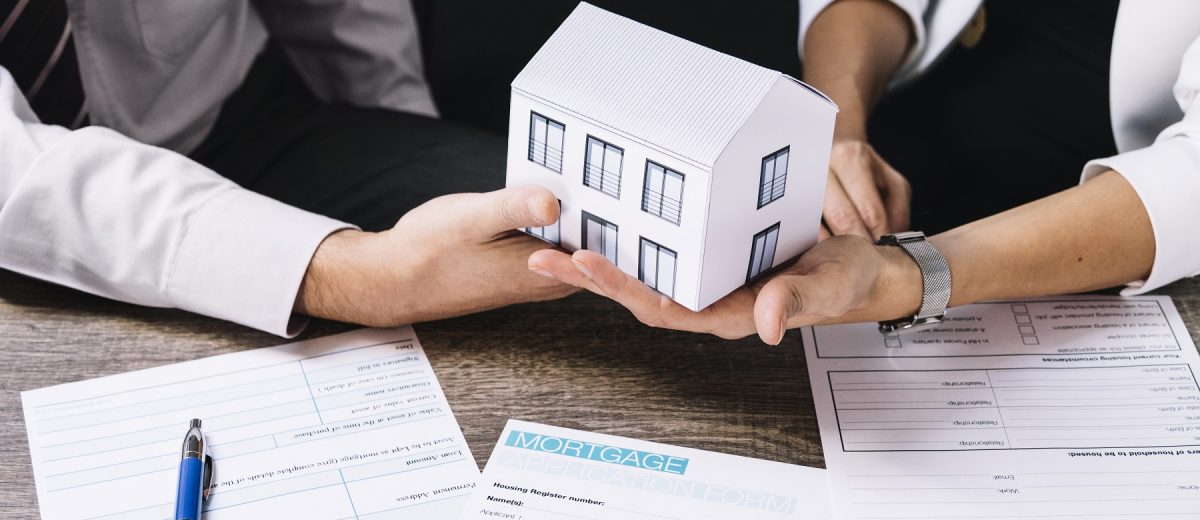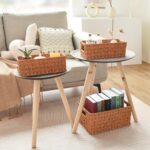For most of our purchases, budgeting is a pretty simple thing. We look at how much money we have, make sure that we can afford the thing, and then we either buy it or don’t. For home buying, the math looks very different. Suddenly, we’re looking at buying something using a whole lot of debt.
It’s a testament to the long-term value of real estate (and the wastefulness of rent) that, as we’ll see in a moment, such a seemingly crazy idea can actually really boost your net worth. But it’s a fact. In many cases, it makes a lot of financial sense to buy your home.
Why should you buy your home?
To be fair, at times, buying a home doesn’t make sense. In particular, the math may not work out if you are planning to move away in the near future.
Conventional wisdom says that, if all else is held equal, buying is better than renting. When you rent a home, you’re investing every month in exchange for nothing more than a place to live for 30 or 31 (and sometimes just 28) days. Swap that with a mortgage payment, and you’re still paying every month. But this time, the money is going into your ownership of this valuable asset that you could later sell.

If the real estate market cooperates, your home could grow in value, which is good news if you own it. Plus, you may eventually pay off your home in full and no longer have to make mortgage payments at all.
What makes a home valuable?
Of course, not all homes are the same. When you look to buy a home, you’ll want to really do your research. You’ll need to consider all of the things that will affect your personal financial situation. You’ll need to set a home-buying budget that will help you ensure that your decision to buy a home helps your long-term financial health.
You’ll also need to carefully research the properties that you’re considering. Location is a key, of course, explain experts with north carolina land for sale. In growth areas like America’s East Coast, real estate is getting more valuable but is still not out of reach of the typical consumer. It’s an ideal time for prospective home buyers.
If you buy a fixer-upper, you could invest in improvements and grow the value of your property. Unless you’re flipping the house, it may be awhile before you see a return on your investment in home improvement (though you may end up with a nicer home for less if the improvements and fixer-upper combined cost less than comparable homes already in good shape).
Protecting and improving your investment

Fixer-upper or not, you’ll need to invest in your home with improvements and maintenance if you want it to hold its value. This is a part of the buy-versus-rent equation, too. As a renter, you had to pay utilities but did not have to worry about much in the way of maintenance expenses. When you’re the owner of your property, however, you’ll want to defend it from deterioration and depreciation by staying one step ahead of problems.
That means that you’re the one on the hook for that double hung window replacement after your kid’s errant foul ball in the neighborhood softball game. It also means that you’re the one who has to worry about foundation repair if you spot cracking in your basement walls.
Fortunately, though, being proactive about your home maintenance and seasonal duties will go a long way toward limiting your risk of serious problems with your home. Investing in this sort of this, as well as occasional improvements and remodeling projects, will keep your home valuable and protect your big investment for years to come.






